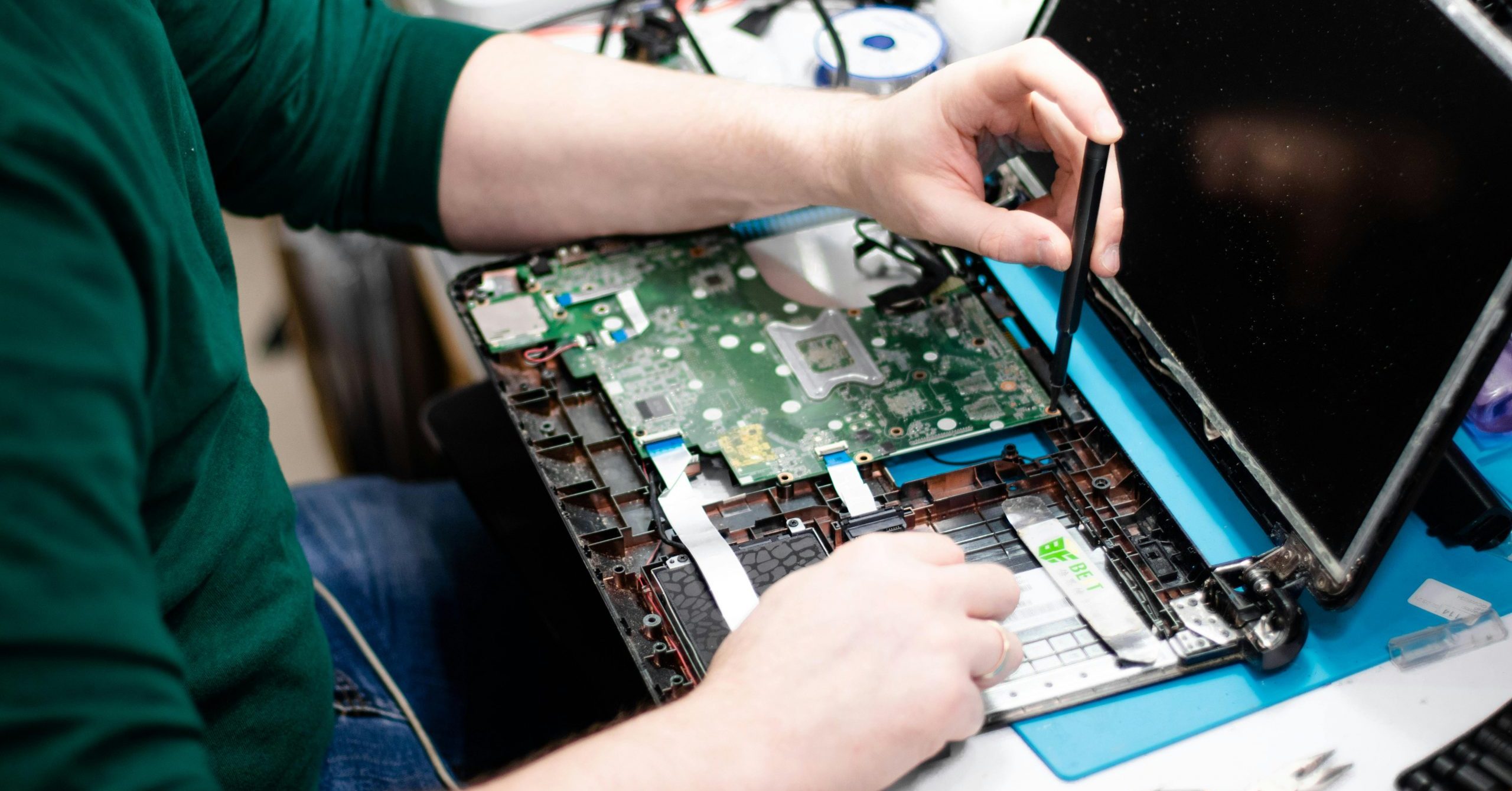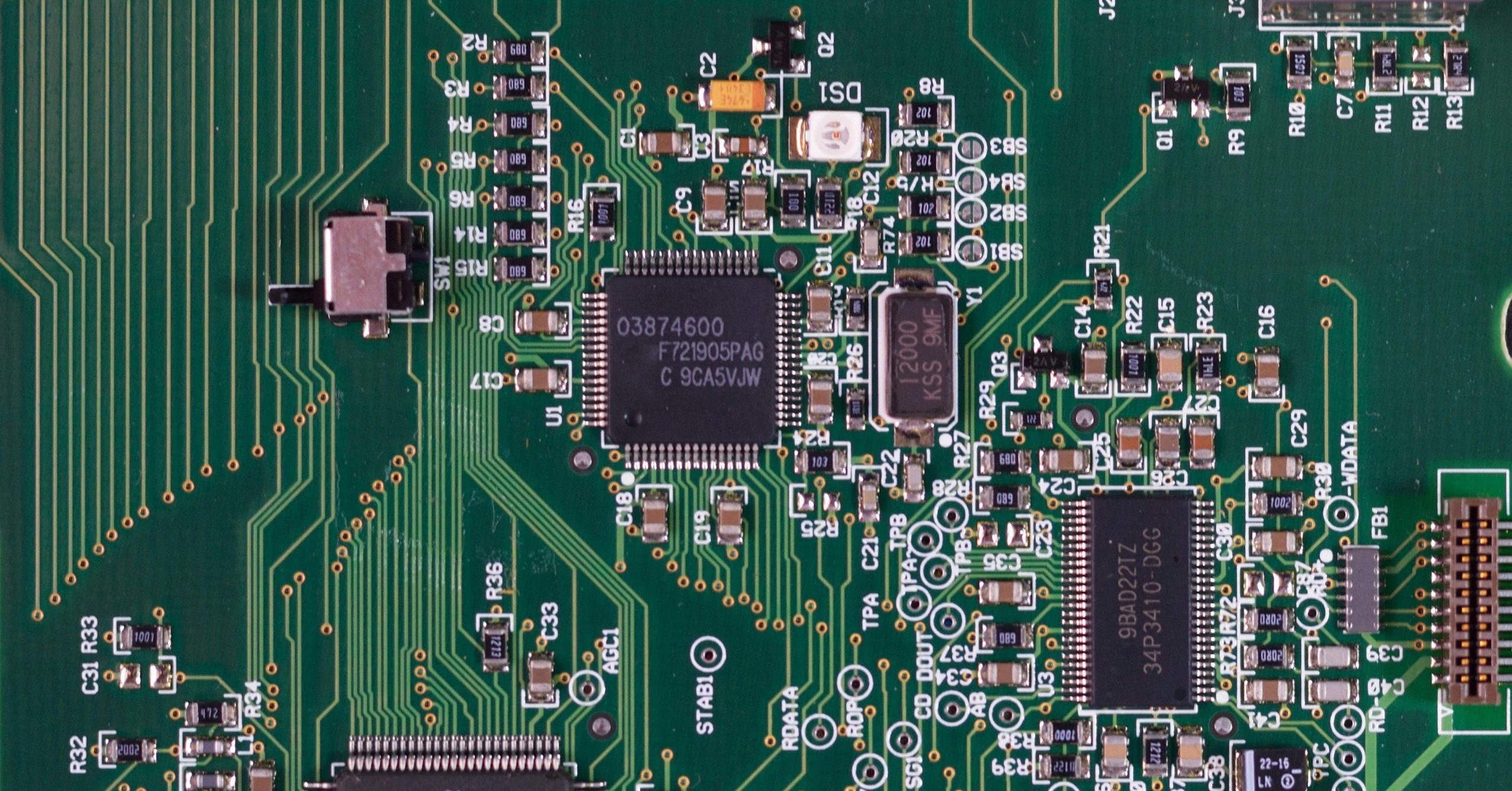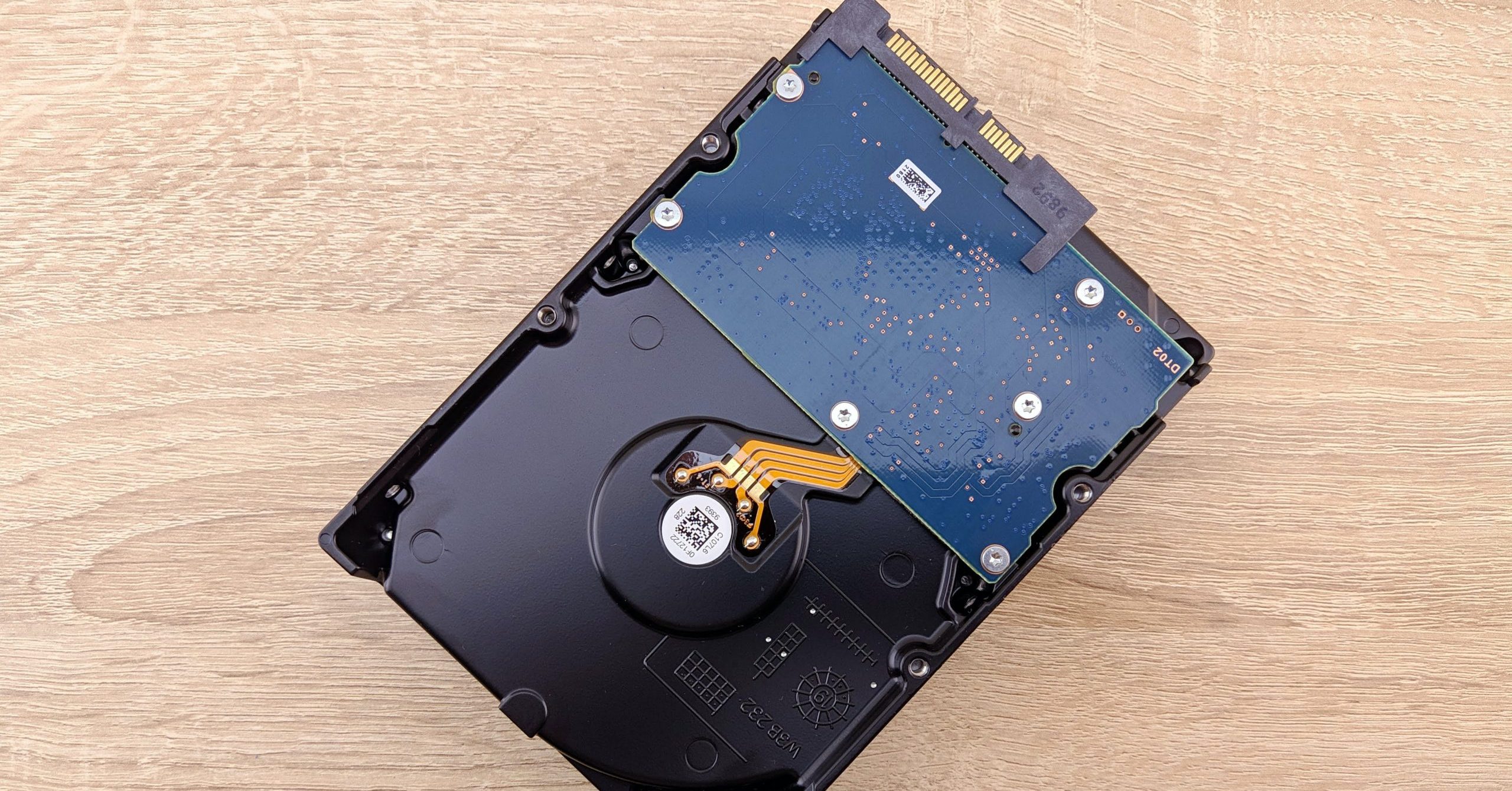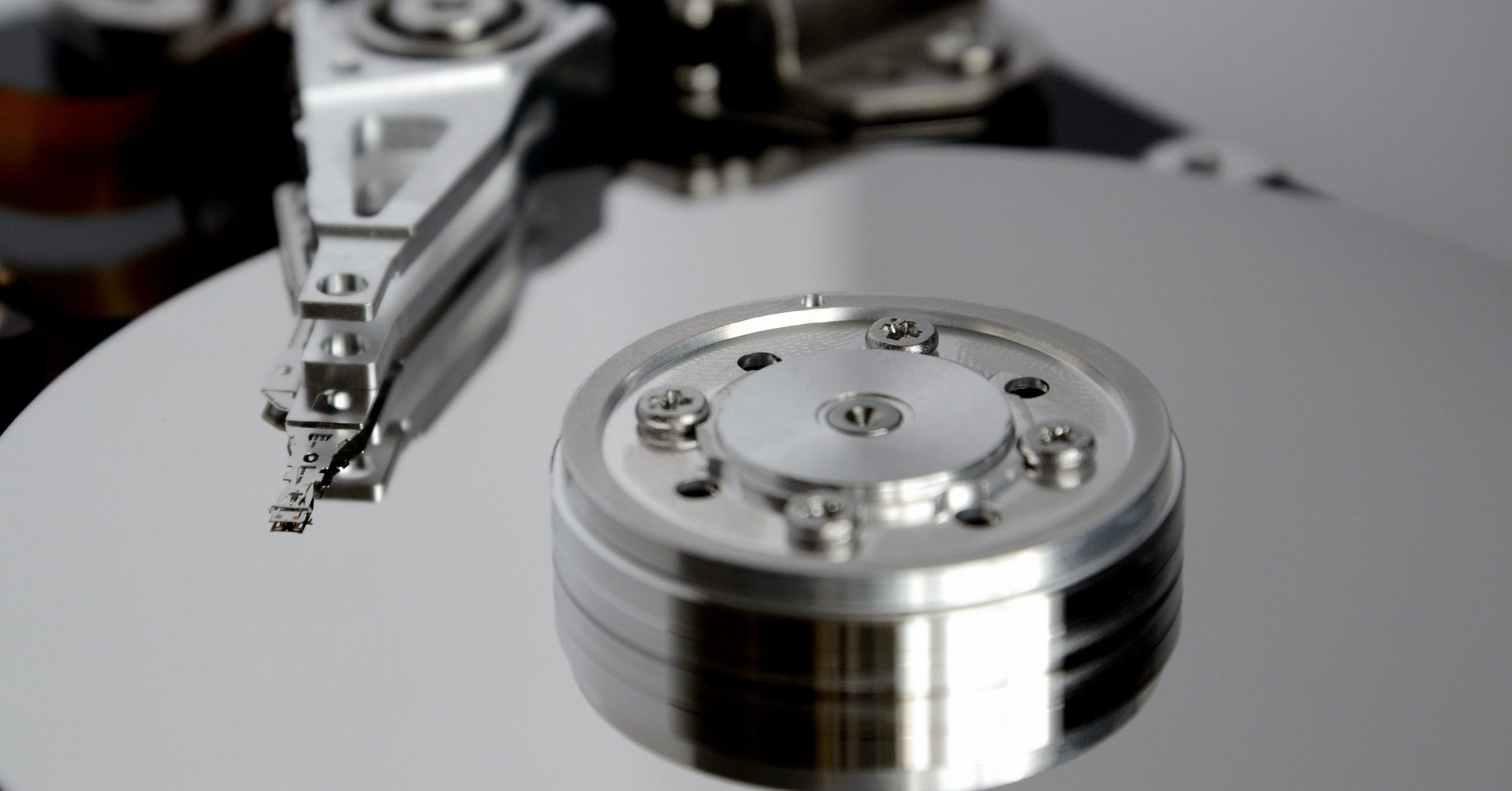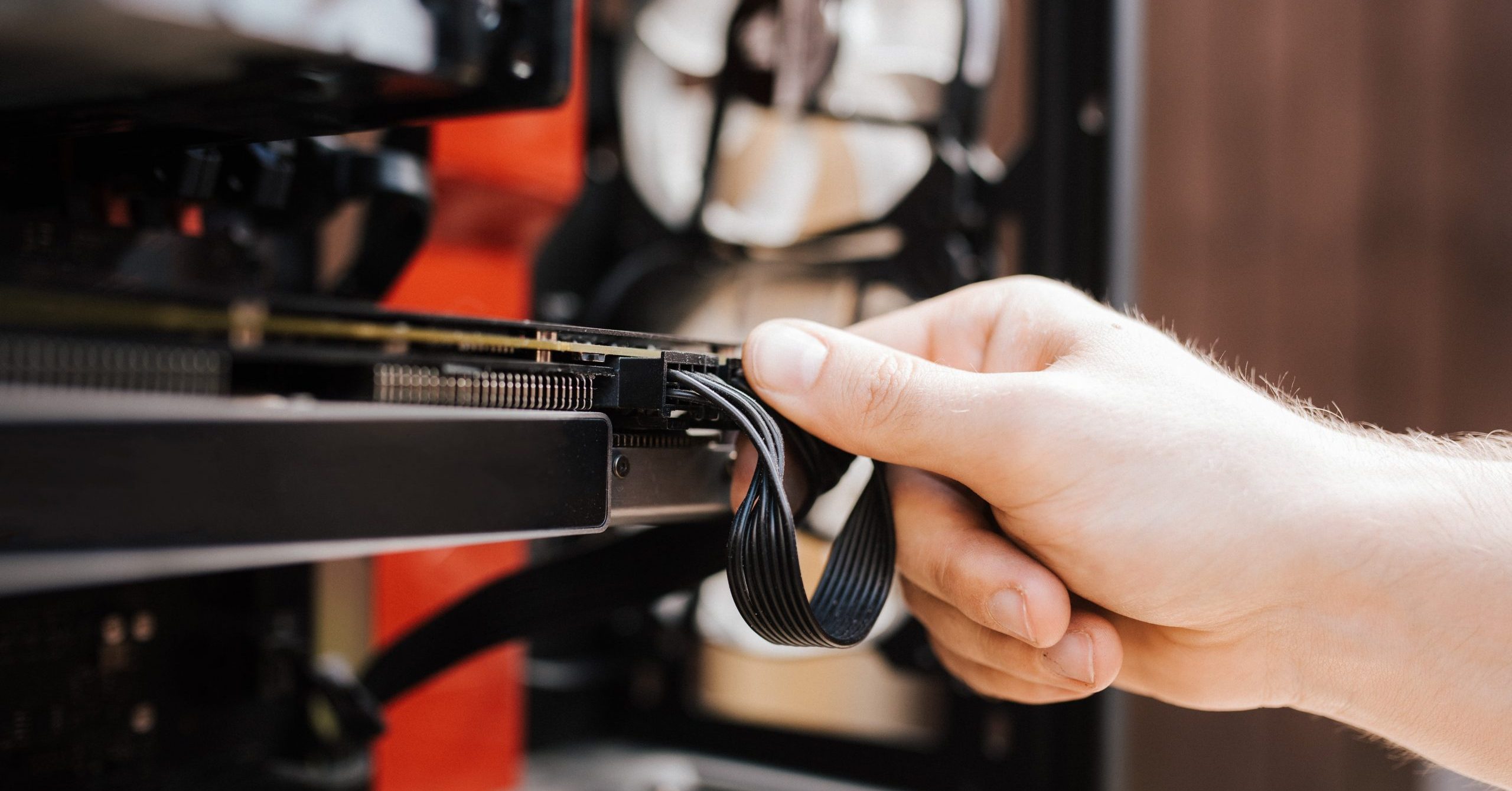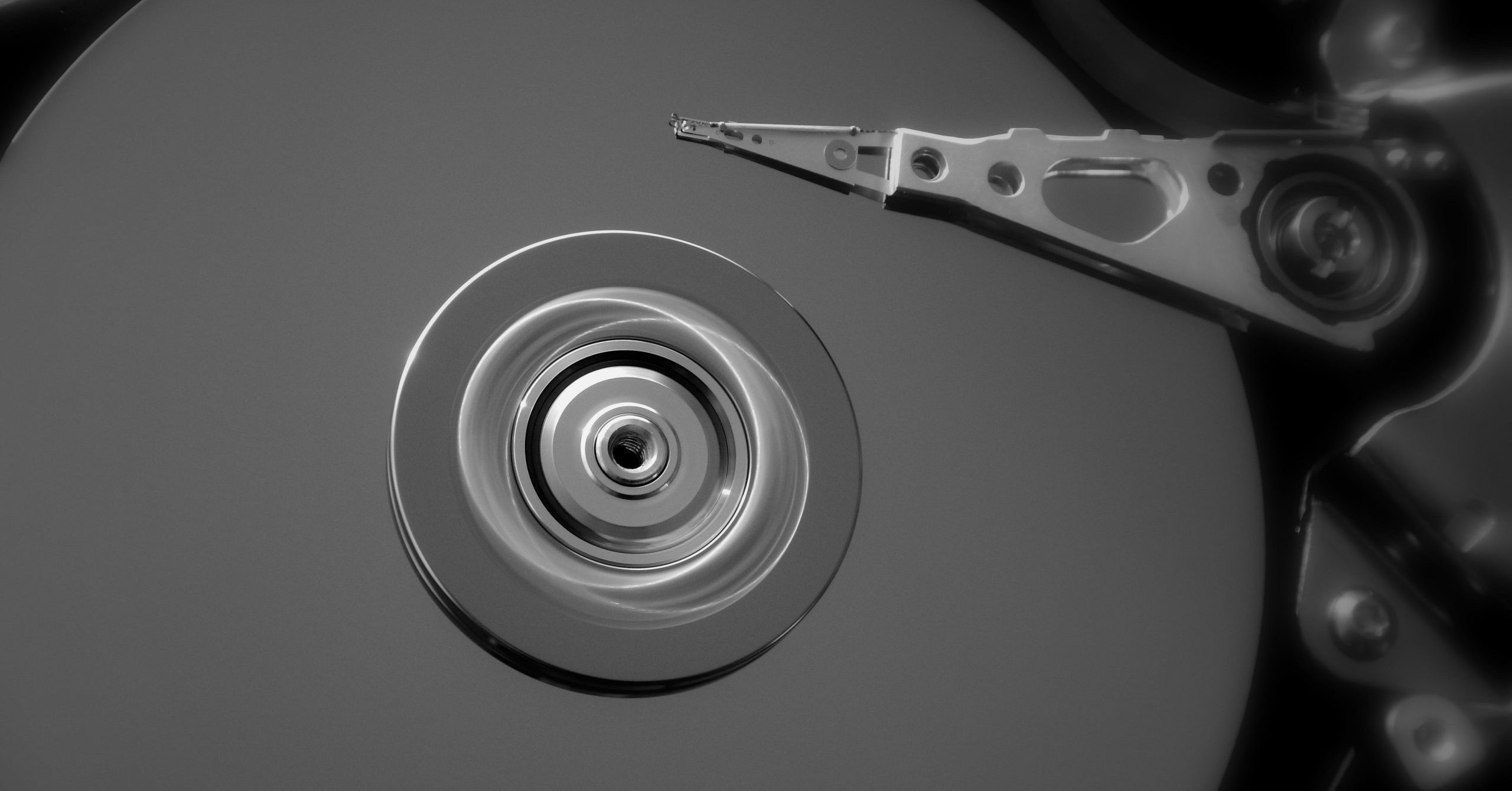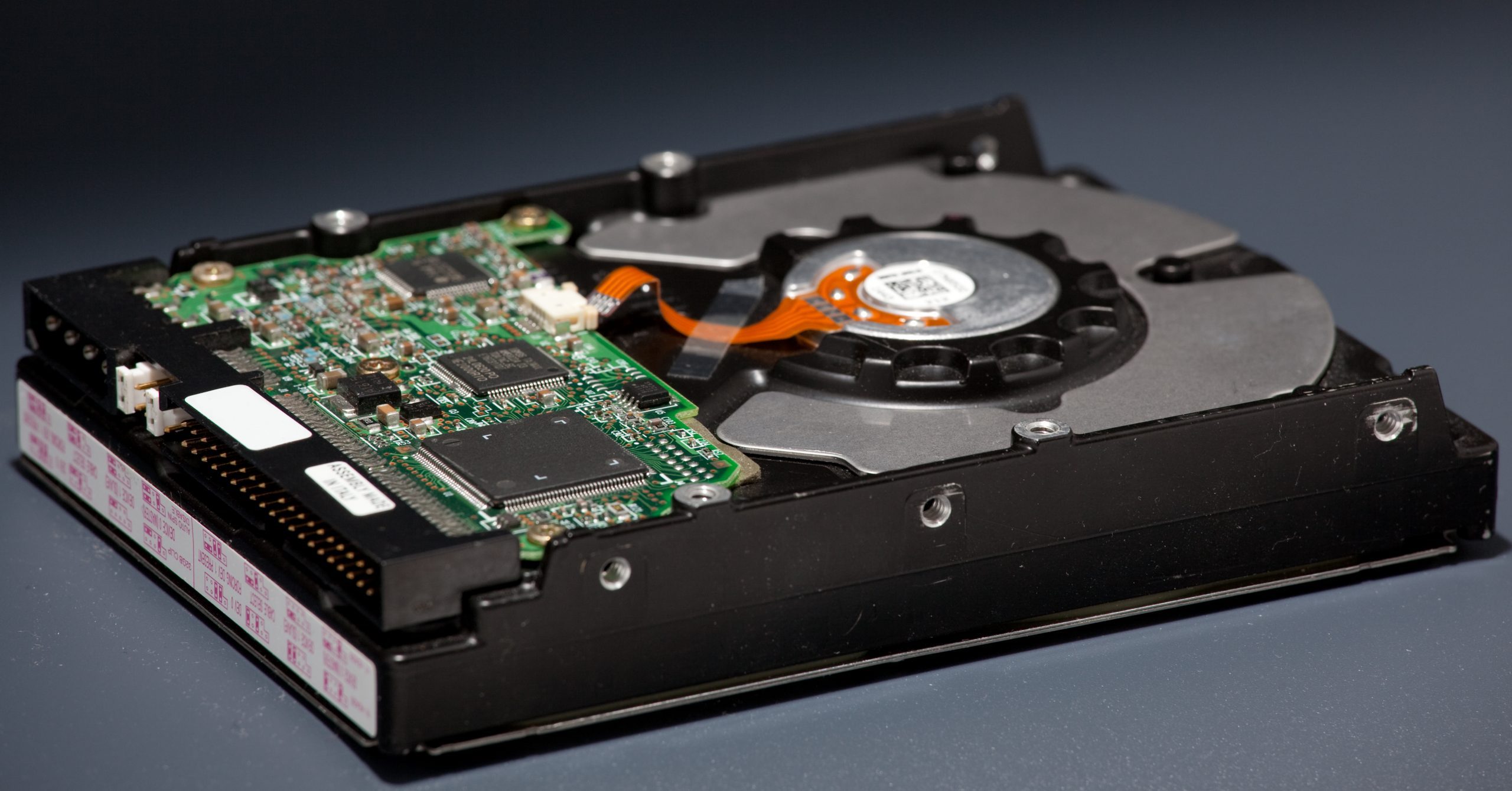Water Damage Data Recovery: All Data Recovered After Laptop Spends Days in a Flood
When Mark Belhumeur went to bed on Feb. 26, he knew a flood was coming. The rain had been falling for days in Northern California. The ground was saturated, the Russian River was rising and some flooding was imminent. But, Belhumeur didn’t know it would be the worst flood on…



